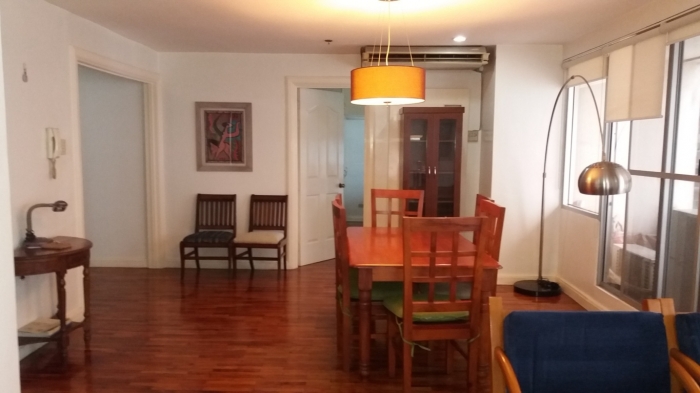The price of renting apartments in Makati has been on the rise for a number of years now. The rising cost of electricity, water, and other amenities make this rise in rental costs more unmanageable for the average tenant than ever before. Although there are signs that this trend could slow down because of falling property prices, it still has the capacity to empty 03people’s pockets. Colliers International quotes the average cost for renting in Makati to be P584 per square meter in its central business district. Although rent for condominiums fell by 1.4%, in 2009, it still stands at P576 per square meter.
To combat the high cost of renting condominiums and apartments in Makati and the surrounding metropolitan area, Congress passed Republic Act 9653, more commonly known as the Rent Control Act of 2009. Signed into law by the President last year, it contains provisions that will help those looking for an apartment for rent, as well as present apartment dwellers. Its provisions stem the tide of growing frustration over rising housing costs, already threatening to spiral out of control.
What it says
The Rent Control Act of 2009 was seen as an answer to the plight of Filipinos renting in the metropolis and other places in the country. It applies to all residential units in highly urbanized areas, including houses, condominiums, and apartments in Makati, which are rented monthly for P10,000 or less. It also applies to those units in other areas with rental costs of P5,000 or less. This new law puts a cap on the number of advance payments and deposits an apartment owner can demand—only one month of advance payment and two months’ worth of deposit.
This newly approved law also replaces some of the provisions from the previous rent control law that was approved in 2005. The previous law limited the annual increase in rental rates to 10%. In recognition of the rising costs and the economic downturn that some have experienced, the new law lowers this rate even further to 7% annually. This provision will remain in effect until the end of 2013.
What it means for you
These provisions certainly are welcomed by apartment dwellers in the city. Many countries impose rent control laws of different kinds, with provisions varying depending on the country’s situation. Annual rent increases reached their peak in 1988, when the allowable increase was pegged at 20%. The present rate of 7% certainly gives residents of apartments in Makati something to cheer about. With the rising costs of other necessities, this is one law that benefits many families who rent different residential units in the city.






